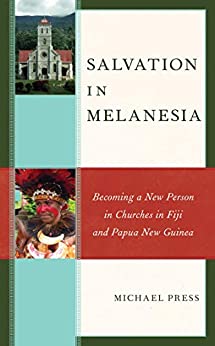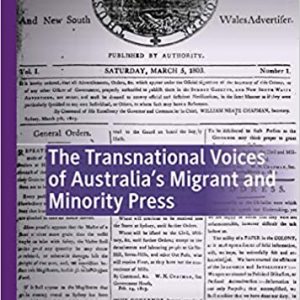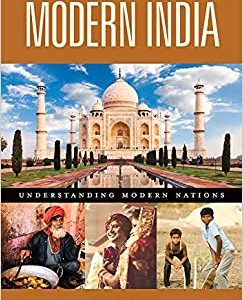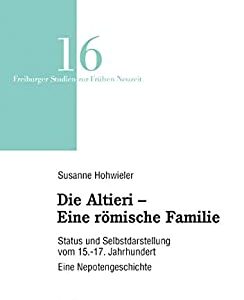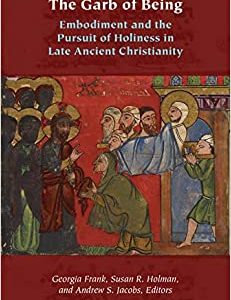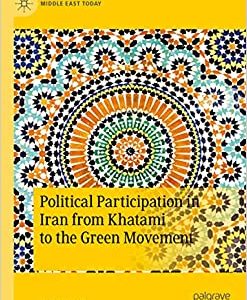Salvation in Melanesia explores the views of salvation held by Methodist, Lutheran, and Pentecostal Christians in Fiji and Papua New Guinea, uncovering the ways in which a Protestant theology of unconditional salvation through God’s judgment and grace has been combined with traditional Melanesian religious concepts of reciprocity, retribution, and obedience to cultural laws. While Pentecostal churches have offered new experiences of transformation by rejecting what they regard as the mingling of Melanesian culture with Christianity in other churches, they have also kept certain elements of traditional Melanesian spirituality. Meanwhile, today economic globalization and secularization result in new questions about the relationship between the people, the leaders, the land, and God.
Michael Press uses mission sources and interviews to describe the different concepts of mission, their reception, the main images of God, and the relationship between religion and culture in Melanesian churches, as well as the factors that support or hinder personal transformation.

